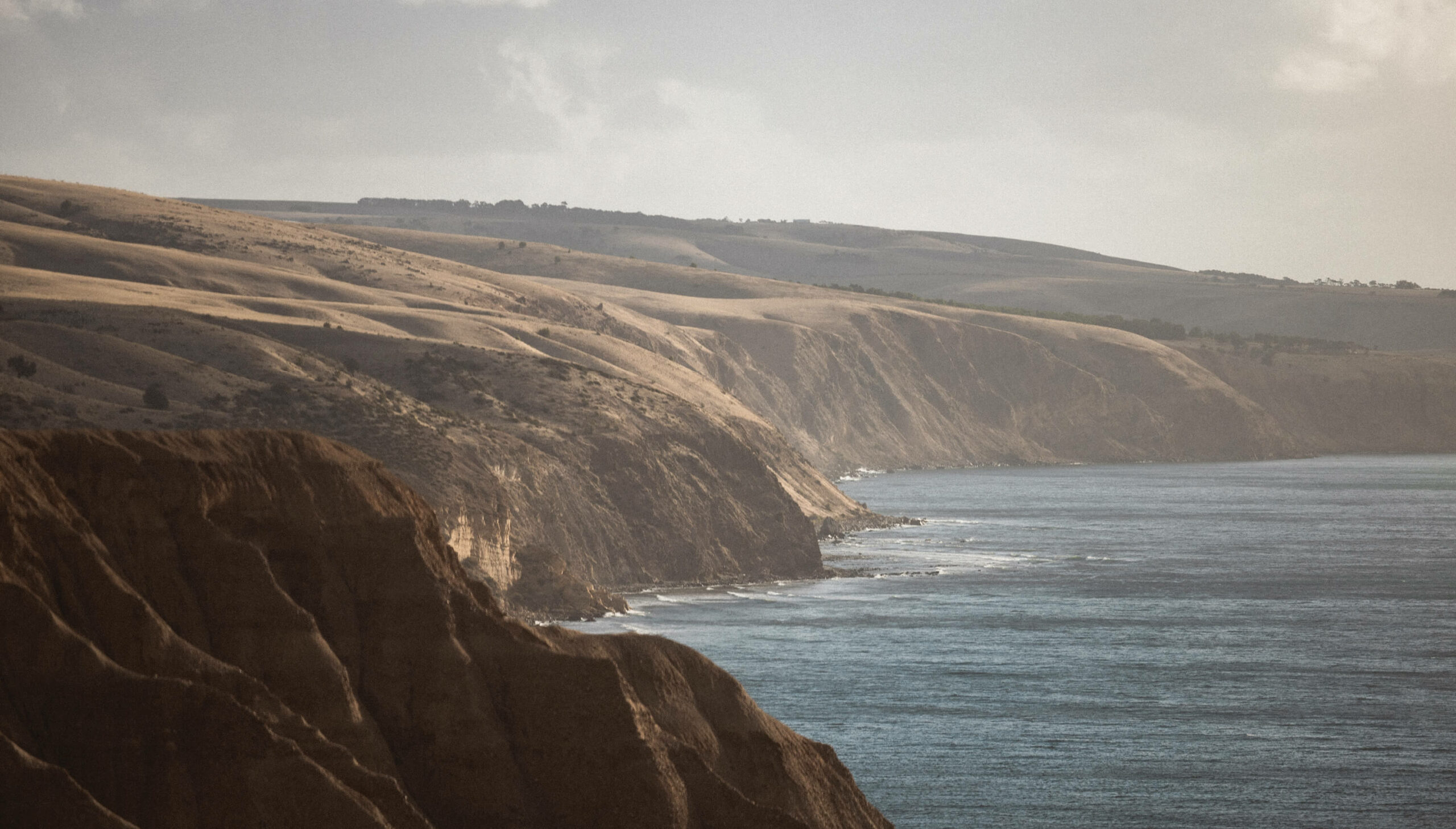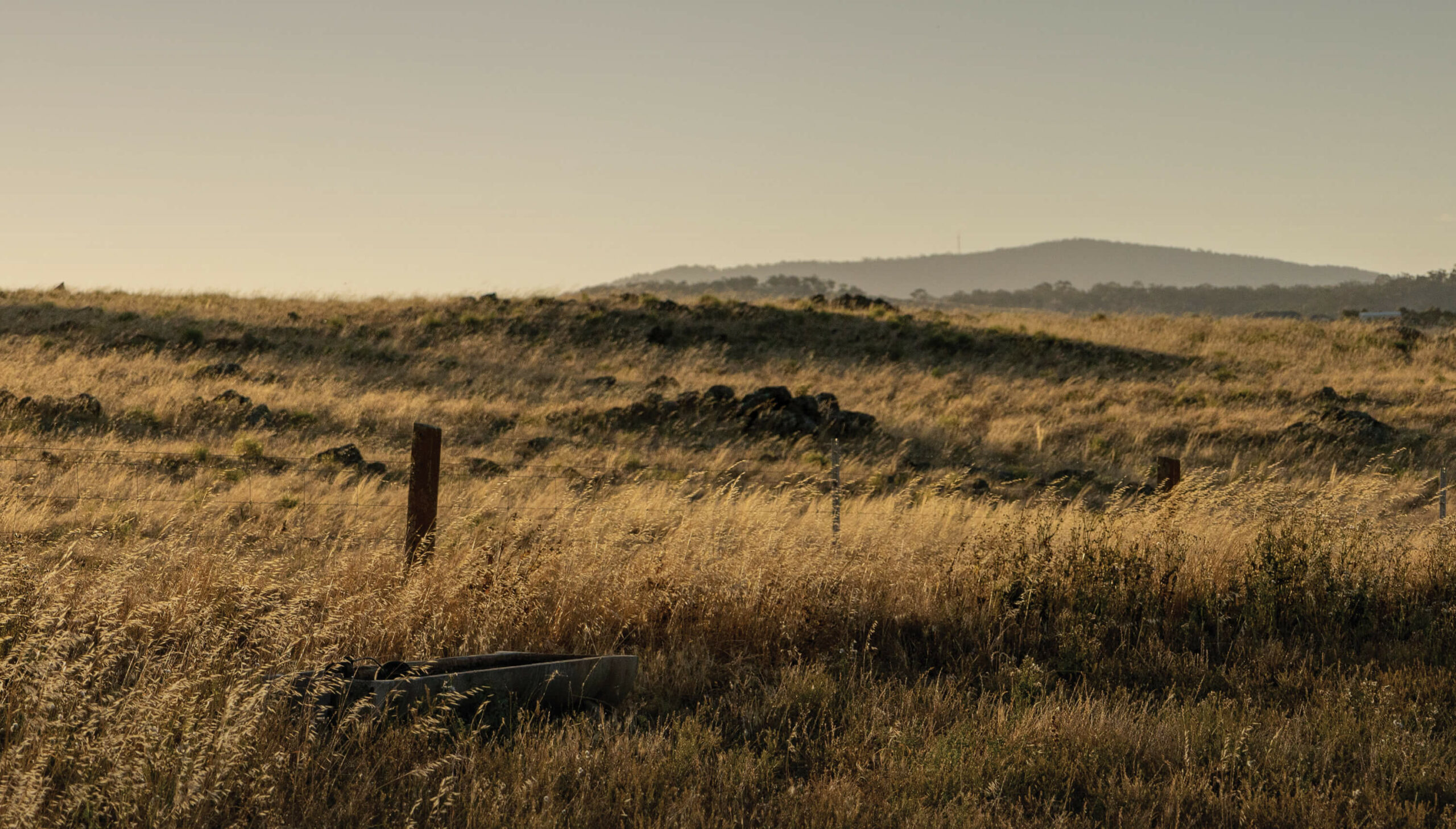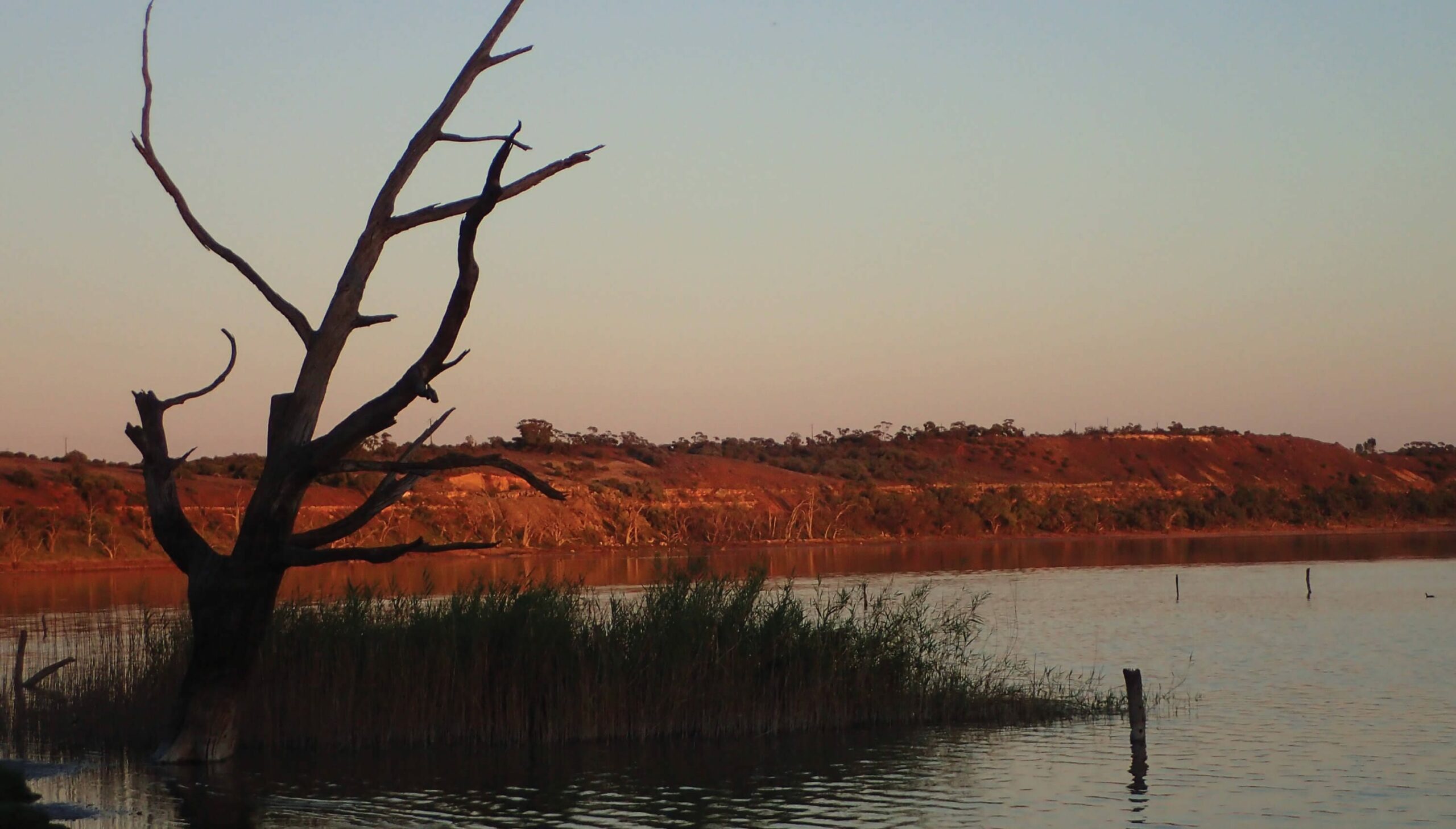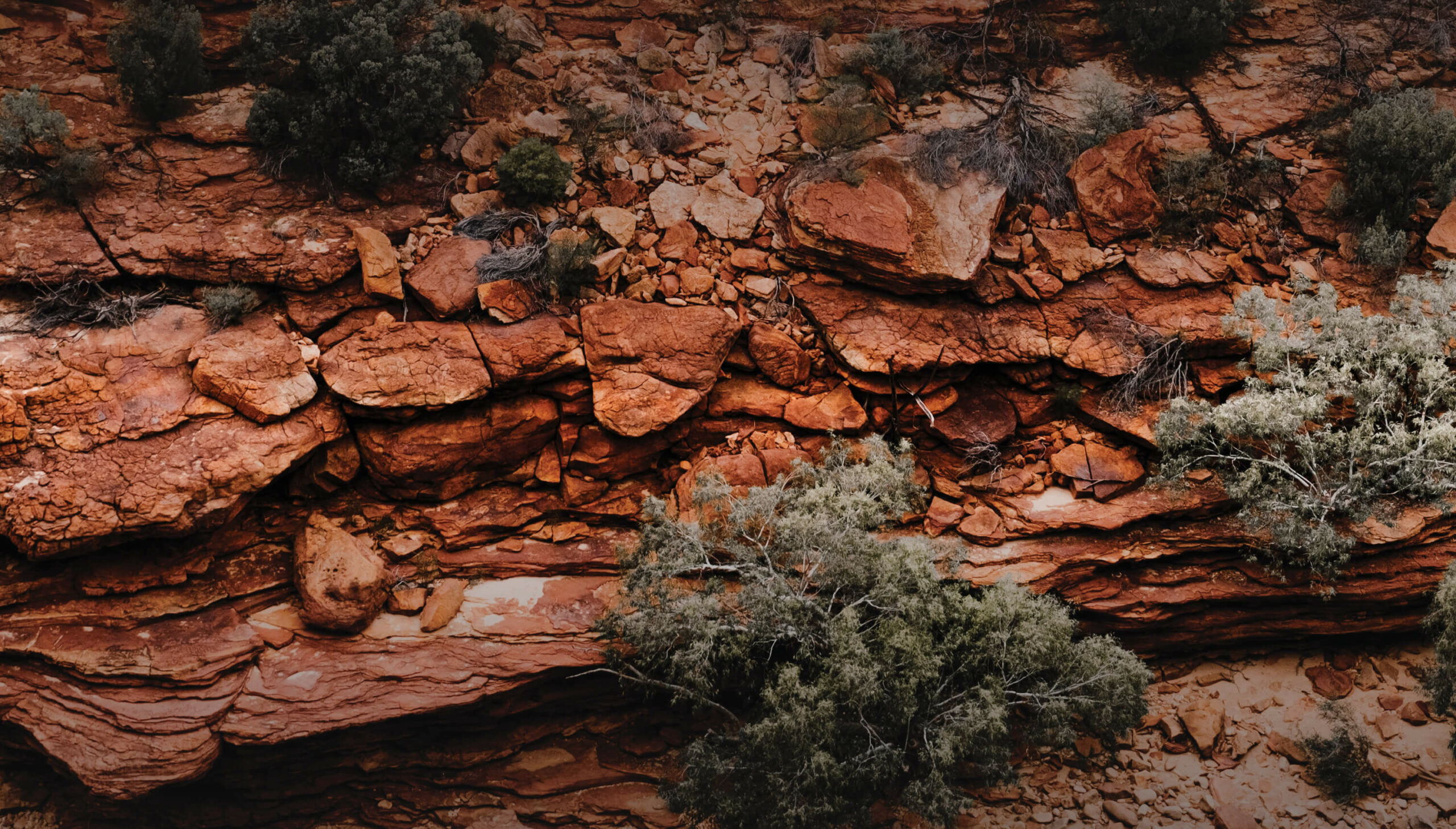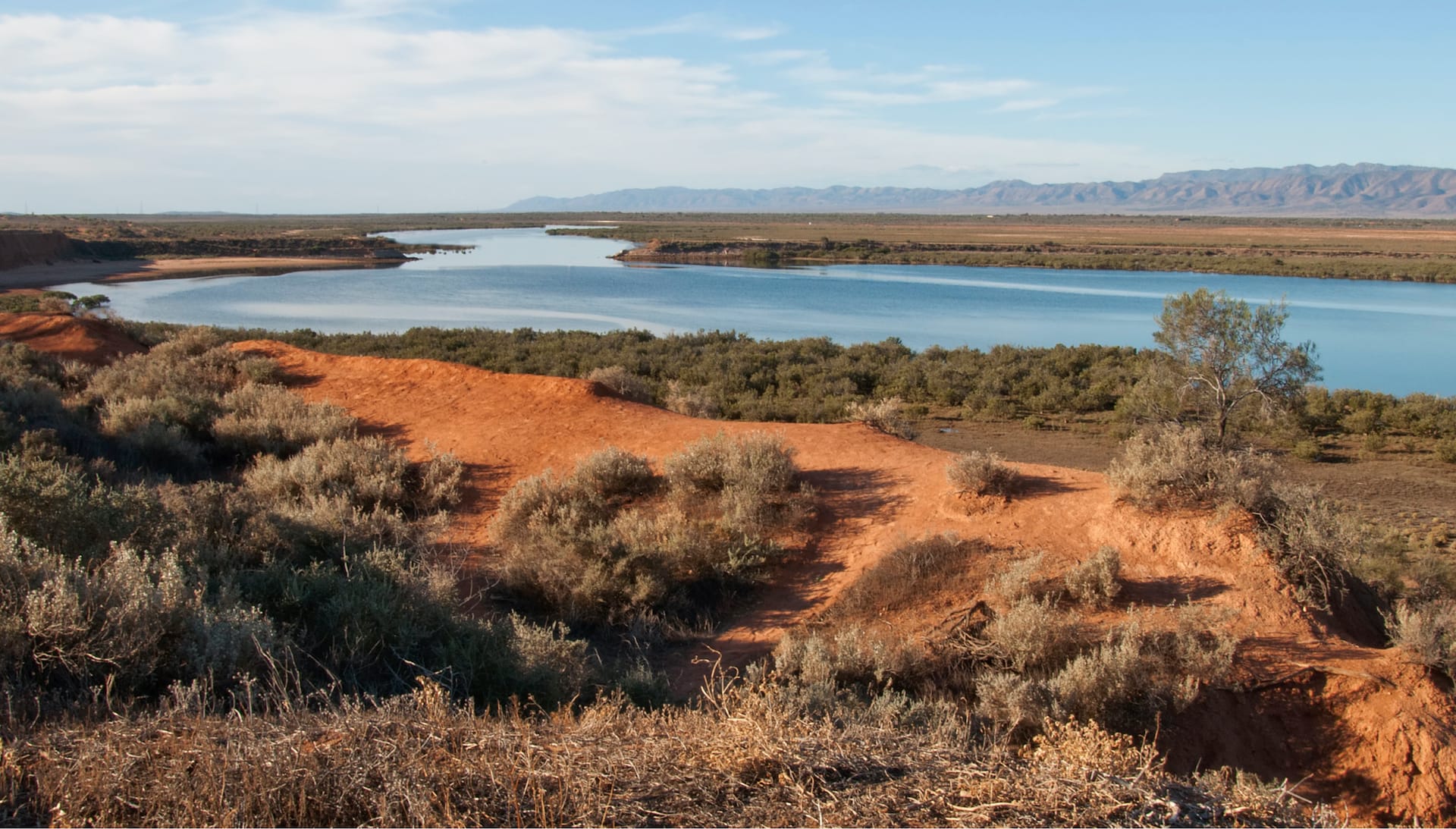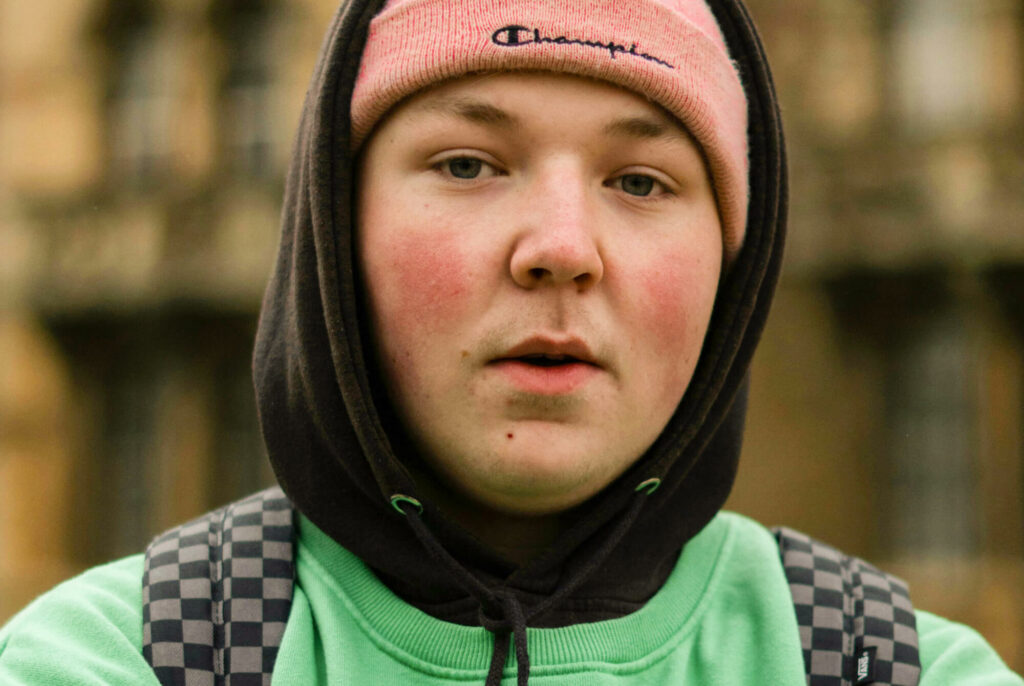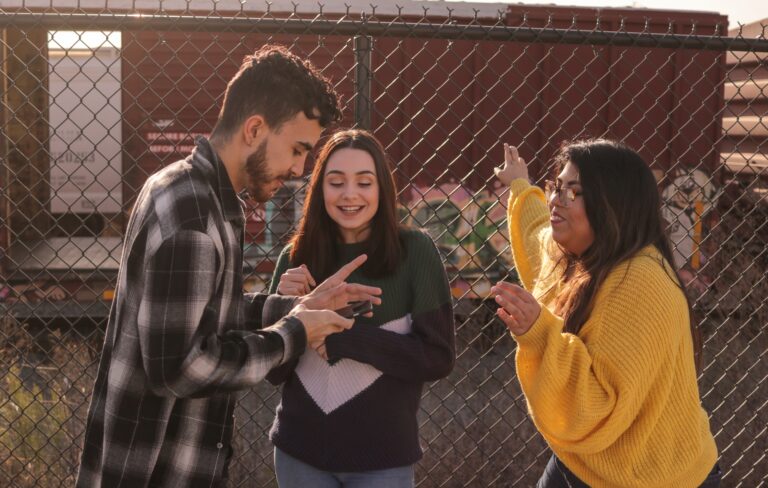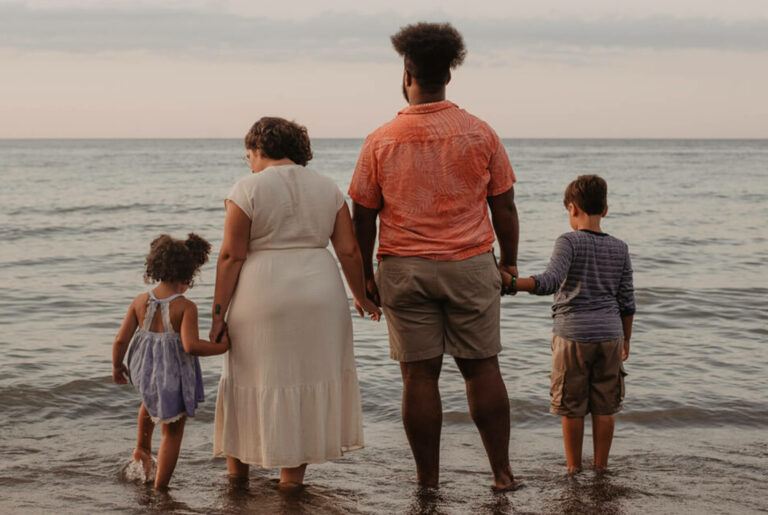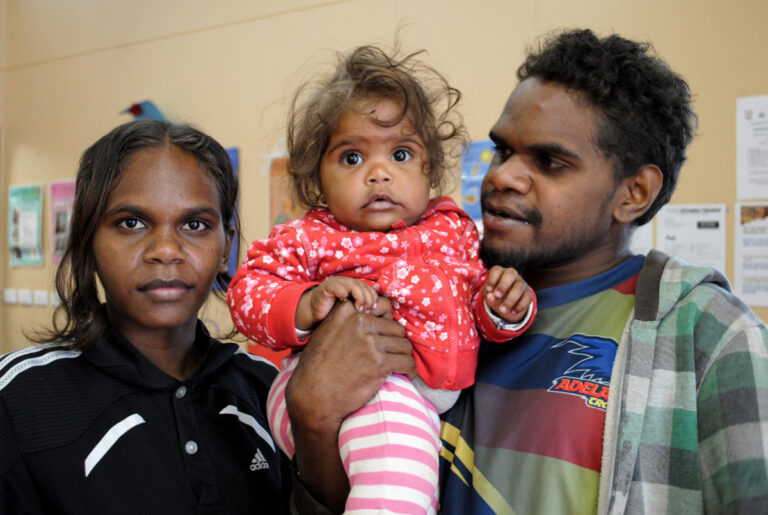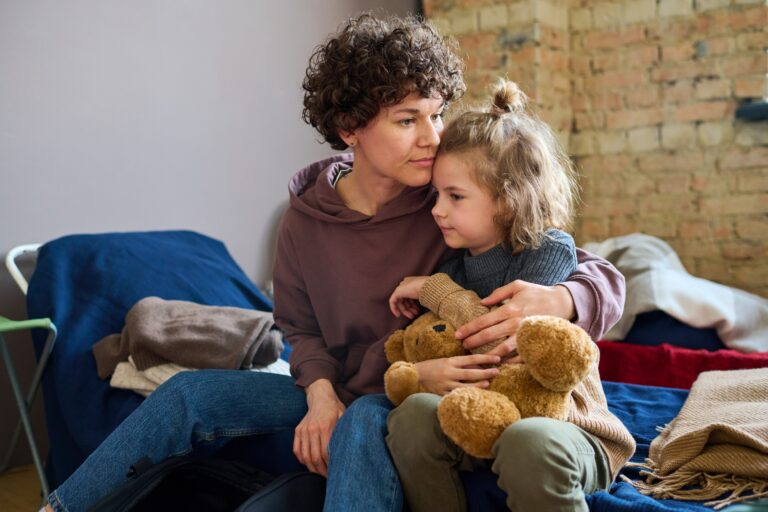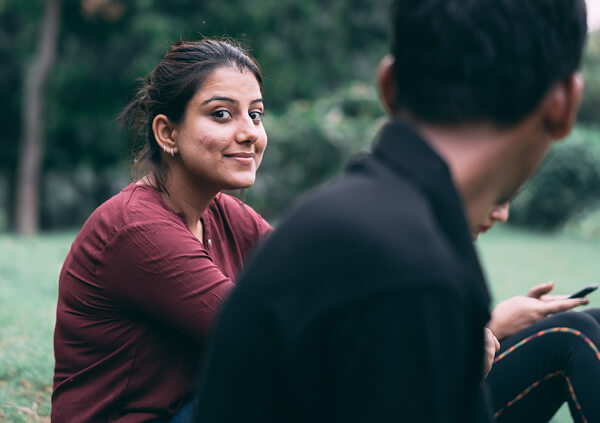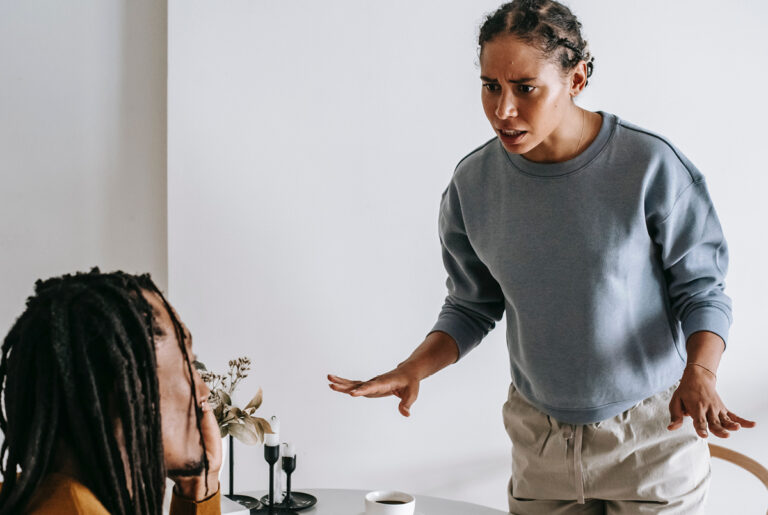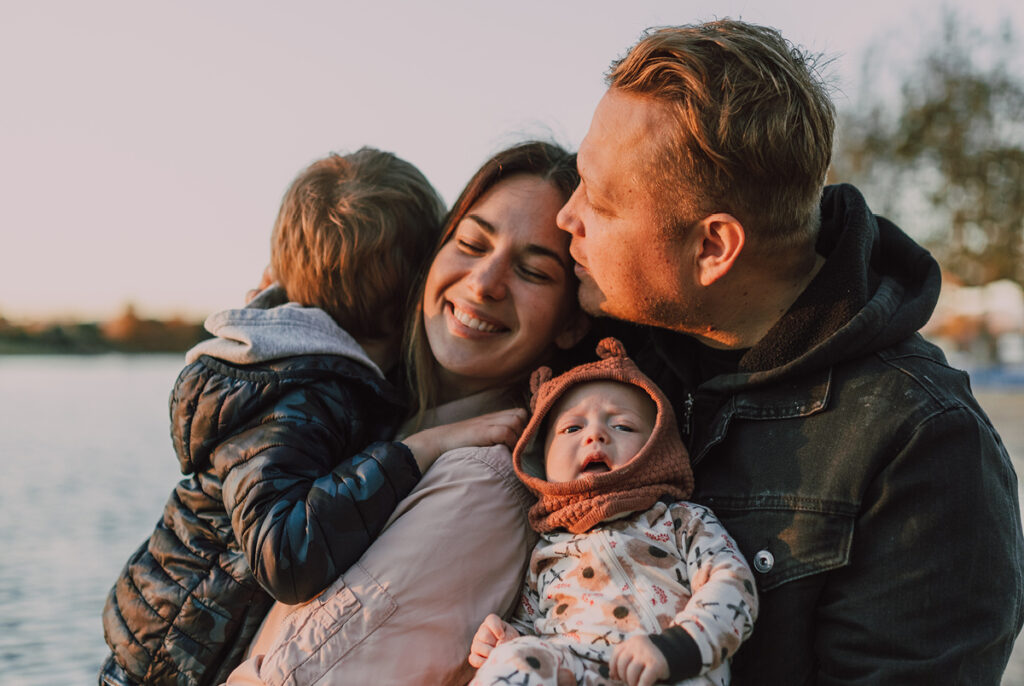Overview
Who It's For
Tailored Learning Services work with high school, students experiencing complex barriers to their learning and wellbeing that increase their risk of dropping out without pursuing further education or employment.
How We Help
Tailored Learning Services provide students with support in case management and/or supported referrals into other programs and accredited courses in line with students’ interests and readiness.
What to Expect
One on one support, group activities and school-based programs to assist young people to gain independence and positive wellbeing outcomes. Tailored Learning Services are therapeutic and offer unique opportunities.
Program
Tailored Learning Services staff meet with young people weekly to develop a plan for the year ahead, set goals and explore options for learning and wellbeing.
Price
Please contact us for pricing details at SCILS@rasa.org.au
Delivery Options
Tailored Learning Services staff meet weekly with the young person in an environment that feels safe and comfortable for them. We have flexible options when working with young people, meaning we can adapt delivery to the young person's specific needs or goals.
The Tailored Learning Services Team
We understand that family complexities, developmental or learning differences, traumatic events or mental health challenges can create additional barriers to traditional learning and employment pathways.
Our multidisciplinary team have interest in therapeutic and engaging activities such as music, drama, outdoor adventure sports, team sports, gaming and more.
We have skills and experience in:
Government Program Approval
Relationships Australia South Australia are on the Approved Panel of Providers with the Government of South Australia Department for Education to provide the Flexible learning options (FLO) Program and Tailored Learning Provision (TLP). FLO and TLP support young people who have or are at risk of disengaging from school and may be experiencing other challenges, such as anxiety and depression, bullying, unstable accommodation, family difficulties, or pregnancy or parenting.
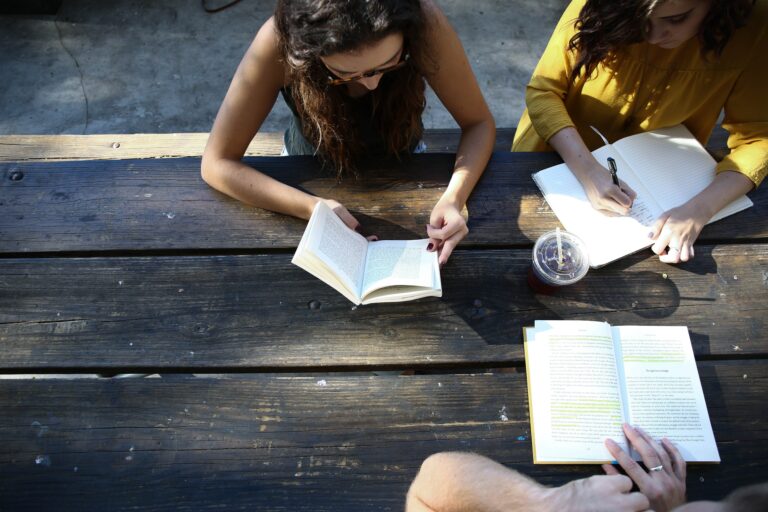
Case Management
We work restoratively and flexibly with each young person, with a focus on strengths-based and person-centred practice approaches. We meet weekly, exploring and helping build students’ strengths, skills and capabilities to support them to reach their goals, and ultimately flourish and thrive in their learning and in their families and communities.
Wellbeing + Other RASA services
Students and families within this program are able to access a broad range of other RASA services for issues such as family separation, mental health challenges, family and domestic violence, gambling harm, and impacts of child sexual abuse.
Tailored Learning Services support student wellbeing and connects them with other RASA services that can make a positive impact in their life.
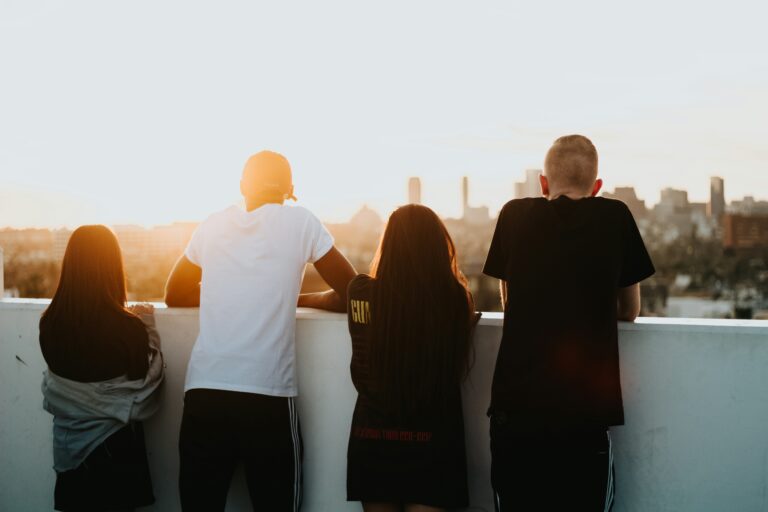
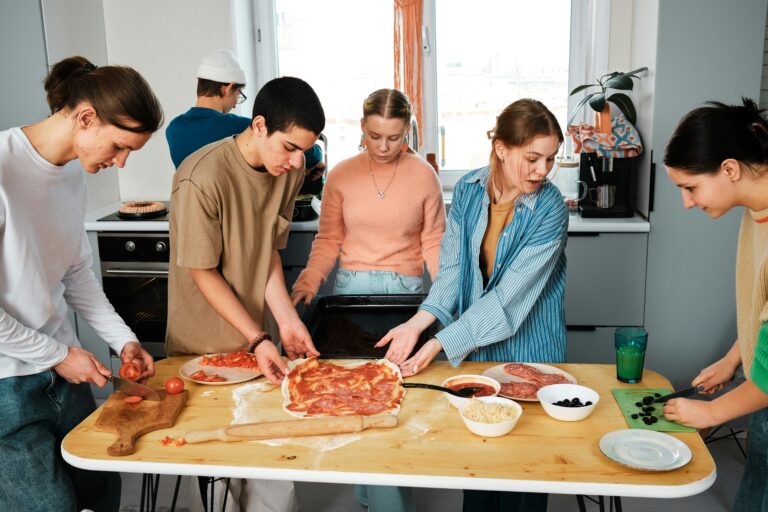
Independent Living Skills
We work with young people to develop skills that move them towards an independent future.
Employability Skills
Thinking about employment can be anxiety provoking for many young people and those supporting them. Tailored Learning Services offer unique and flexible opportunities for students to gain employability skills.
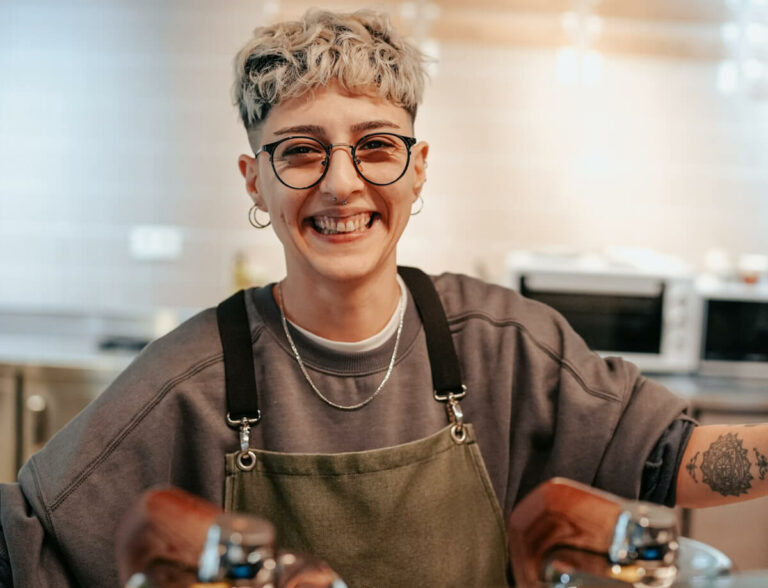
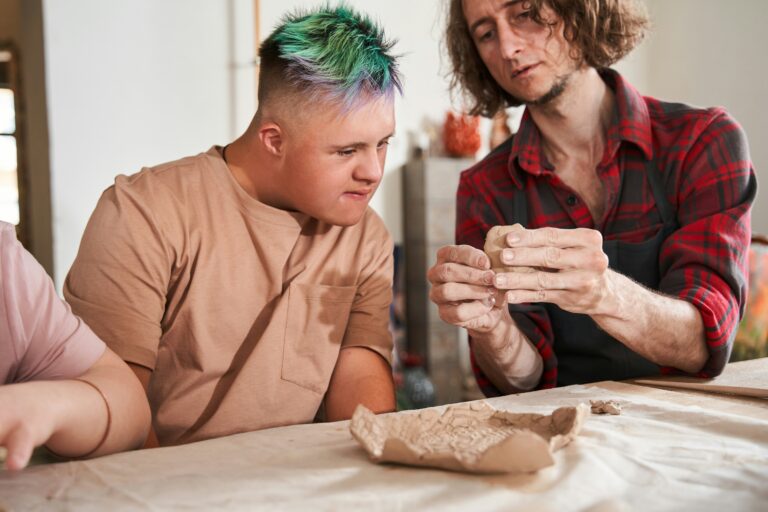
Education Programs
RASA employs experienced teachers who ensure learning needs are understood and fulfilled, and that student work is marked and resulted. Our staff align learning with school curriculum to maximise learning outcomes.
Duke of Edinburgh Award Program
This program uses a world-leading non-formal education framework to support young people to thrive. Students learn and build their resilience through physical recreation, voluntary service, adventurous journey, and broadening their personal skills. This SACE recognised program has been a springboard to positive change for many students.
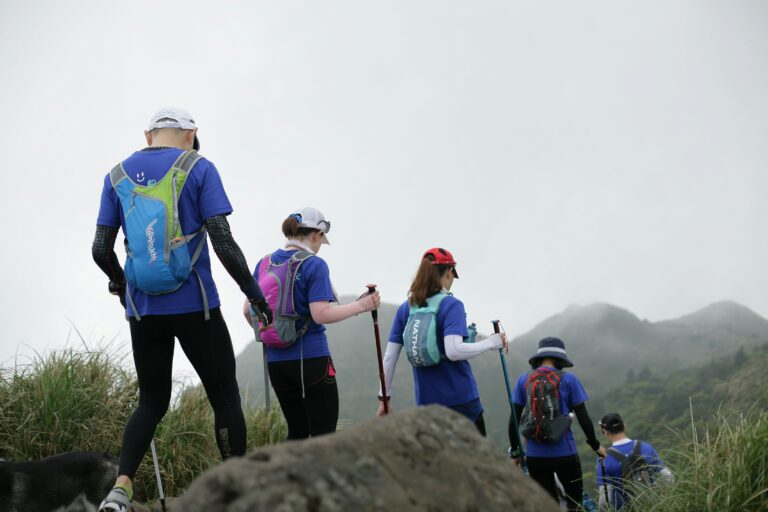
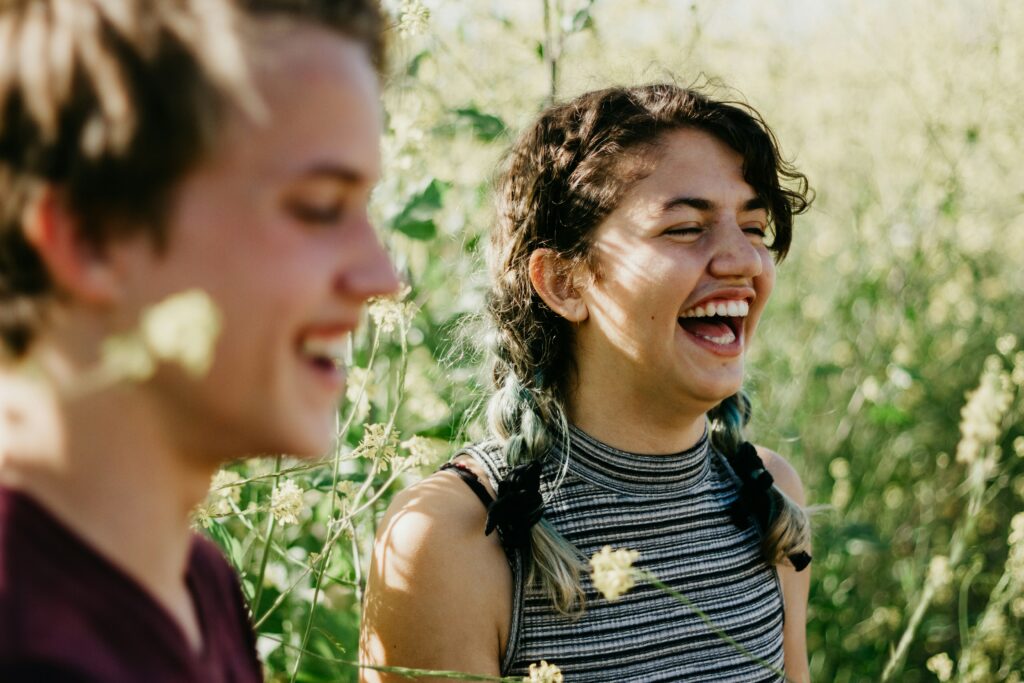
When we refer our students to RASA we are confident of the quality and integrity of the case management and programs they offer – it is a wonderful school-community collaboration.
